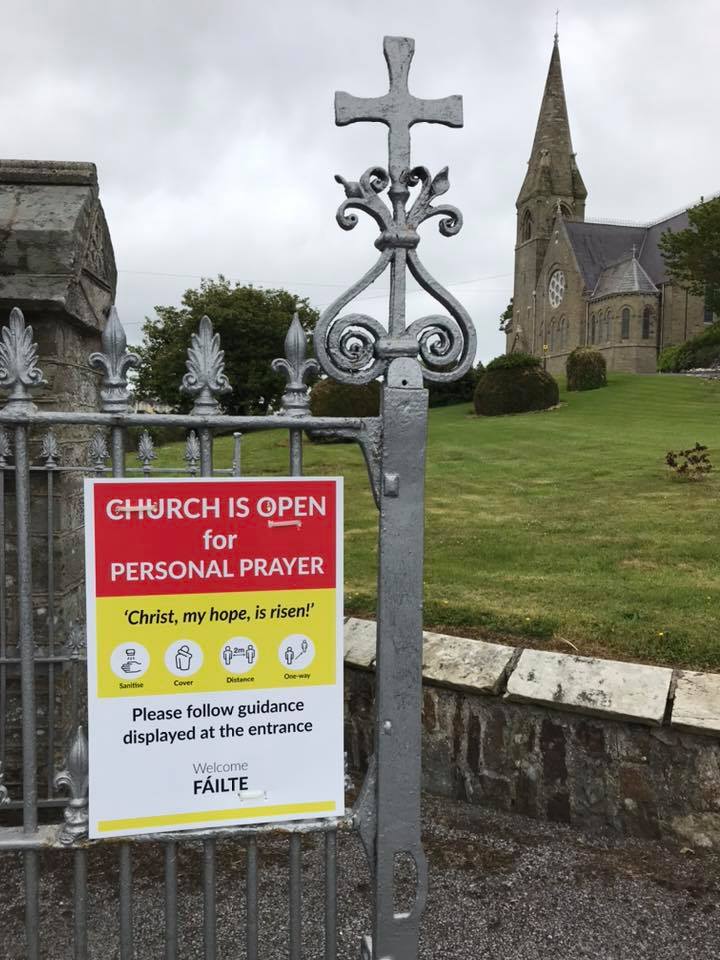I heard a few minutes of two radio programmes today and both were dealing with funeral related topics! Then into my Facebook status comes an update from the Tablet magazine in London to tell me that the Vatican has issued a new directive about cremations and . Then the local undertaker calls to make plans for the funeral of a parishioner who has died. There’s something about today.
The morning programme on 96FM had a segment about surveying the costs of funerals. Then a lady phoned in to update their data: she had paid over €1,000 to the Cork crematorium for her late husband’s cremation and a “cremation certificate”. Added to this would have been the undertaker’s travel costs for transporting the remains to Ringaskiddy.
The other radio segment I heard was on Liveline as a caller complained about someone else being buried in her late husband’s grave. Joe Duffy asked a question about “who had the paperwork” for the grave and a few other references were made to “owning the grave”. I believe that any legal connection to graves is not one of ownership. People speak about “buying” graves but I don’t believe they do. My family doesn’t have a registered title to the place where our people are buried. Neither do the people beside us. If this were the case, the cemetery would be subdivided into a large number of folios at the land-registry office and someone would be registered with the state as the legal owner of the plot of land.
In Catholic cemeteries, what has happened traditionally is that the parish continues to be the registered owner of the entire cemetery. It then gives a family or an individual permission to bury their loved one(s) in a designated plot. The family makes a donation to the parish towards the upkeep of the cemetery. Is it the family’s grave now? Of course, it is. But do they own it (could they sell it if they wanted to)? No they don’t. And, no they couldn’t. Not in a strictly legal sense, as in they cannot legally convey it to someone else.
—
The newly issued directive from the Vatican (which has been approved by Pope Francis) provides new teaching and an update on established teaching about funerals, cremations and disposal of ashes. It is bound to generate new radio programmes because — among other insights — it disapproves of the keeping of ashes in a domestic situation (e.g. a person’s home) and also says that dividing up a person’s ashes between people contradicts Christian teaching, as does the scattering of ashes.
The full text isn’t very long and, as always, it’s best to read the actual text. Read it in English here.
